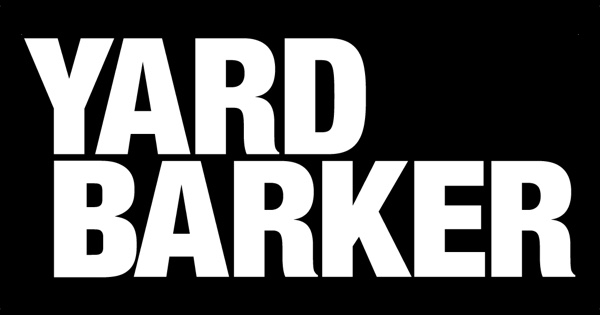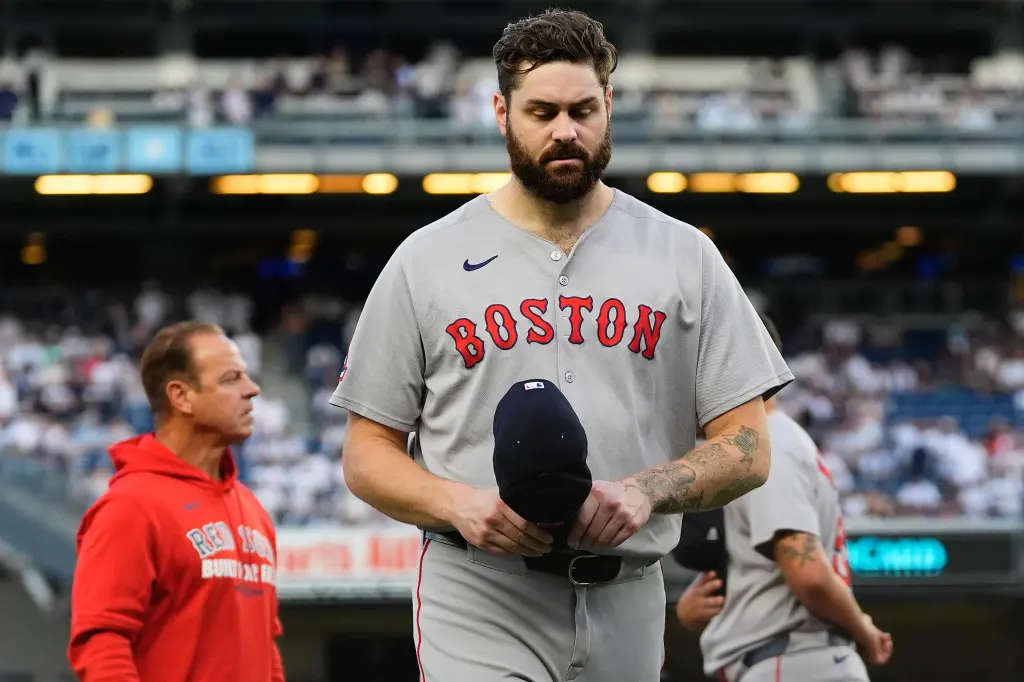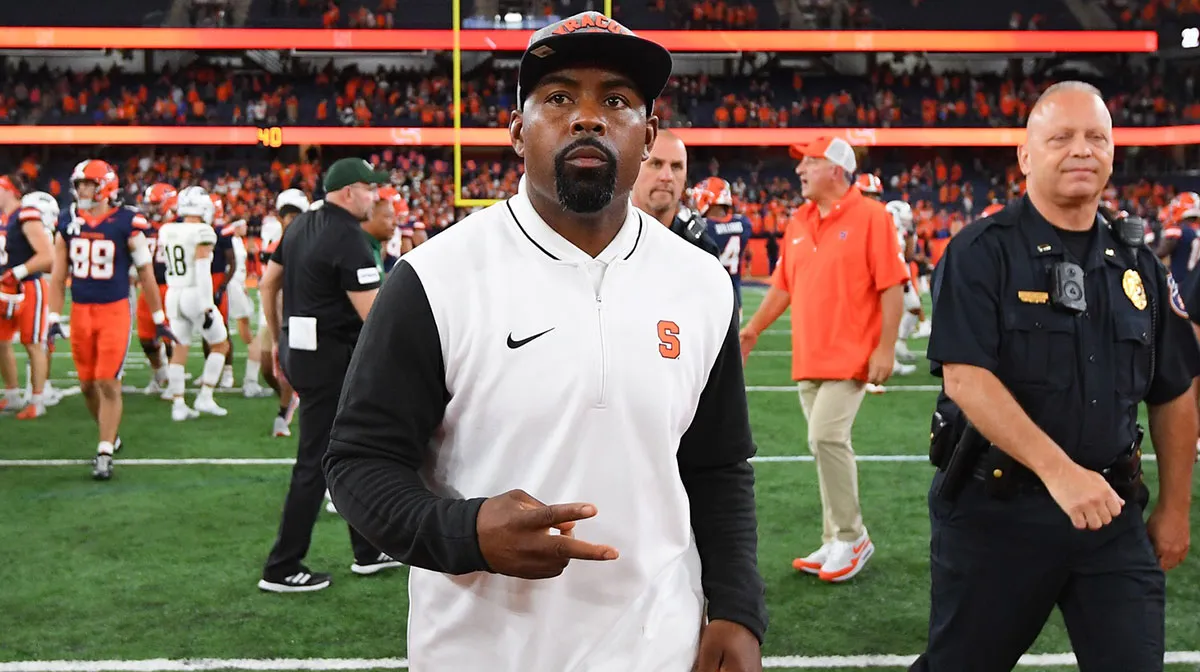Brandel Chamblee Backs Luke Donald as He Rejects Keegan Bradley’s Call to Change the Envelope Rule

Brandel Chamblee isn’t holding back. On his podcast, the Golf Channel analyst and former PGA Tour winner backed the Ryder Cup’s long-standing substitution rule, calling it an essential safeguard for the event. “I mean, the rule has to change, I think it’s obvious to everybody in the sports world, in this room. Nothing against Viktor. But that rule needs to change by the next Ryder Cup,” Keegan Bradley said after Team USA’s 15–13 defeat to Europe.
Under the captains’ agreement, each side must place one name in a sealed envelope on Saturday night, designating the player who would sit out if an opposing golfer is injured. But Luke Donald, fresh off becoming only the second European captain to win back-to-back Ryder Cups, insisted the rule protects players and should stay in place.
Brandel Chamblee, on his podcast The Favorite Chamblee, threw his support behind Luke Donald by defending the envelope rule, highlighting its fairness and nearly six decades of history in the Ryder Cup. He pushed back against Keegan Bradley’s call for immediate change, noting that the rule has long been part of the captains’ agreements designed to protect both sides in the event of injury.
Brandel said on Padcast, “There are certain things that captains historically have agreed upon. They’re called captains’ agreements. And this is one of them. And this has been in place. This is, you know, a captain’s agreement for almost 60 years at the Ryder Cup,” Chamblee explained. He went further, stressing its purpose: “The reason they have a captain’s agreement is because it will happen from time to time that a player on the U.S. side will get injured that week. And is it fair for the injury to lose one whole point? The fairest thing you can do is give each side half a point and carry on.”
Bradley’s frustration stemmed from the U.S. trailing 11.5–4.5 entering Sunday, when they needed nearly every point to mount a comeback. The envelope rule, historically invoked only four times, ensured that a team could not fully gain or lose a point if a player was unable to compete.
While this safeguard once aided the U.S. in the 1991 Ryder Cup after Steve Pate’s car accident, it also limited Bradley’s team in their recent loss, where Europe needed only two more points from 11 matches to retain the Cup. Bradley argued that the rule diminished competitive intensity, while critics like Brandel Chamblee cautioned that removing it could open the door to manipulation.
Donald defended the long-standing agreement, saying, “The U.S. has used it before. I think it happened in 1991 with Steve Pate. That was a tight Ryder Cup, too, 14½ to 13½. It happened in 1993; Sam Torrance couldn’t play with an injured toe. The U.S. won that one. We have contracts for a reason, a captain’s agreement for a reason, for situations that occur.” Chamblee added, “Imagine a scenario where a player is just playing horribly. And you’re telling me there wouldn’t be instances where somebody might be inclined to set that player, pretend they were injured, and bring in the alternate.”
Beyond the envelope rule, another point of contention is the tiebreaker rule, which lets the defending champion retain the trophy in the event of a draw. Critics argue it undermines fairness, with past ties in 1969 and 1989 leaving Team USA frustrated. Alongside disputes over wildcard picks and eligibility, these rules fuel ongoing calls for Ryder Cup reform.
Leadership debates mirror this divide. While Brandel Chamblee backs Luke Donald as the future captain, many in the golf community rally behind Keegan Bradley, praising his passion and candor as qualities worthy of continued support.
Paul McGinley, meanwhile, pointed out how the envelope rule has long carried suspicion, citing Steve Pate’s 1991 withdrawal as a flashpoint. He stressed that the rule should either be upheld through full captain agreement or replaced by awarding the point outright, eliminating the ambiguity that breeds doubt.
Amid these debates about tradition and fairness, analyst Brandel Chamblee added his own twist by shifting focus from the rules to the leadership itself. While he defended the long-standing practices, he also provoked fresh discussion with his outspoken opinion on who should guide Team USA next.
Chamblee favors Leonard for captain
Brandel Chamblee surprised many by endorsing Justin Leonard over Tiger Woods for the 2027 U.S. Ryder Cup captaincy, citing Leonard’s competitive fire and past heroics. On his podcast, Chamblee said, “Justin Leonard to me in terms of emotional intelligence, humbleness, thoughtfulness, and attention to detail. To me, he is a budding Luke Donald or Paul McGinley and has an extraordinary record.” This stems from Leonard’s iconic 45-foot putt at the 1999 Ryder Cup, clinching a dramatic U.S. comeback at Brookline, showcasing the intensity Chamblee values for rallying teams.
Chamblee elaborated, “If you look at the last 10 Ryder Cup captains for the U.S., they have played an average of five. A lot more experience. I look at Justin, and again, Fred Couples not being the Ryder Cup captain blows my mind.” Drawing on Leonard being a participant of three Ryder Cups and a television commentator, Chamblee thinks that Leonard would be suitable to make any strategic decision and to motivate others, particularly following the U.S. losing the Ryder Cup at home. This leaves out Woods, who turned down 2025 obligations because of PGA Tour obligations but is still a 15-time major winner with an unparalleled aura.
The earmark contributes to speculation of Adare Manor in 2027, in which the context of Europe will have to defend itself. Chamblee makes the decision as a move to new voices, considering that Leonard won the 2008 Open Championship and he has analytical prowess, which could give a team sorely in need of redemption after Bethpage a boost.



